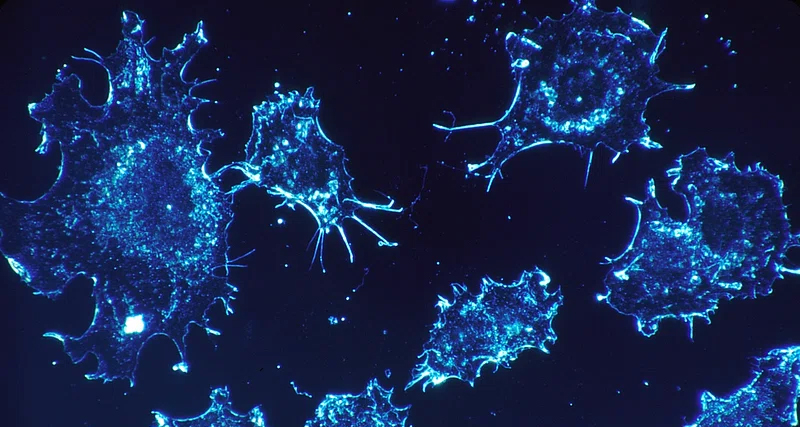Treatment Options for Bladder Cancer
Treatment options for bladder cancer depends on the type, stage, grade, and overall health of the patient. Options range from local therapies for early-stage cancer to surgery and chemotherapy for advanced disease.
1. Non-muscle-invasive bladder cancer (early-stage)
- Transurethral resection of bladder tumour (TURBT)
- Minimally invasive procedure to remove the tumour via cystoscope.
- Often followed by intravesical therapy (delivering medication directly into the bladder).
- Intravesical therapy
- BCG (Bacillus Calmette–Guérin): An immunotherapy that stimulates the immune system to destroy cancer cells.
- Mitomycin C: A chemotherapy drug used locally.
2. Muscle-invasive bladder cancer
- Radical cystectomy
- Surgical removal of the entire bladder, nearby lymph nodes, and possibly reproductive organs.
- In men: may include prostate removal.
- In women: may include uterus, ovaries, and part of the vagina.
- Urinary diversion
- After bladder removal, surgeons create new ways to store and pass urine, such as a urostomy bag or a neobladder.
- Chemotherapy
- Used before (neoadjuvant) or after surgery to destroy remaining cancer cells.
- Drugs like cisplatin are commonly used.
- Radiation therapy
- May be used for patients who can’t undergo surgery.
- Often combined with chemotherapy (chemoradiation).
3. Metastatic bladder cancer
- Systemic chemotherapy
- Immunotherapy: Newer drugs (checkpoint inhibitors like pembrolizumab) help the immune system fight cancer.
- Targeted therapy: Used for specific genetic mutations, if present.
South African context:
- In public hospitals, TURBT and cystectomy are available at tertiary referral centres.
- BCG may sometimes be in short supply; availability may differ by province.
- Private medical schemes typically cover most treatments, but newer drugs like immunotherapy may require pre-approval or co-payment.
Treatment Options for Bladder Cancer
Doctors achieve better treatment outcomes when they diagnose cancer early. Long-term surveillance is necessary, as bladder cancer tends to recur even after successful treatment.
👉 [Next: Living with Bladder Cancer – Recovery and Outlook]


